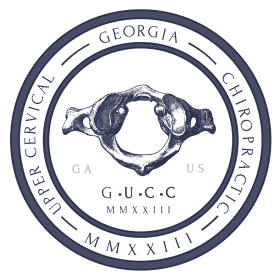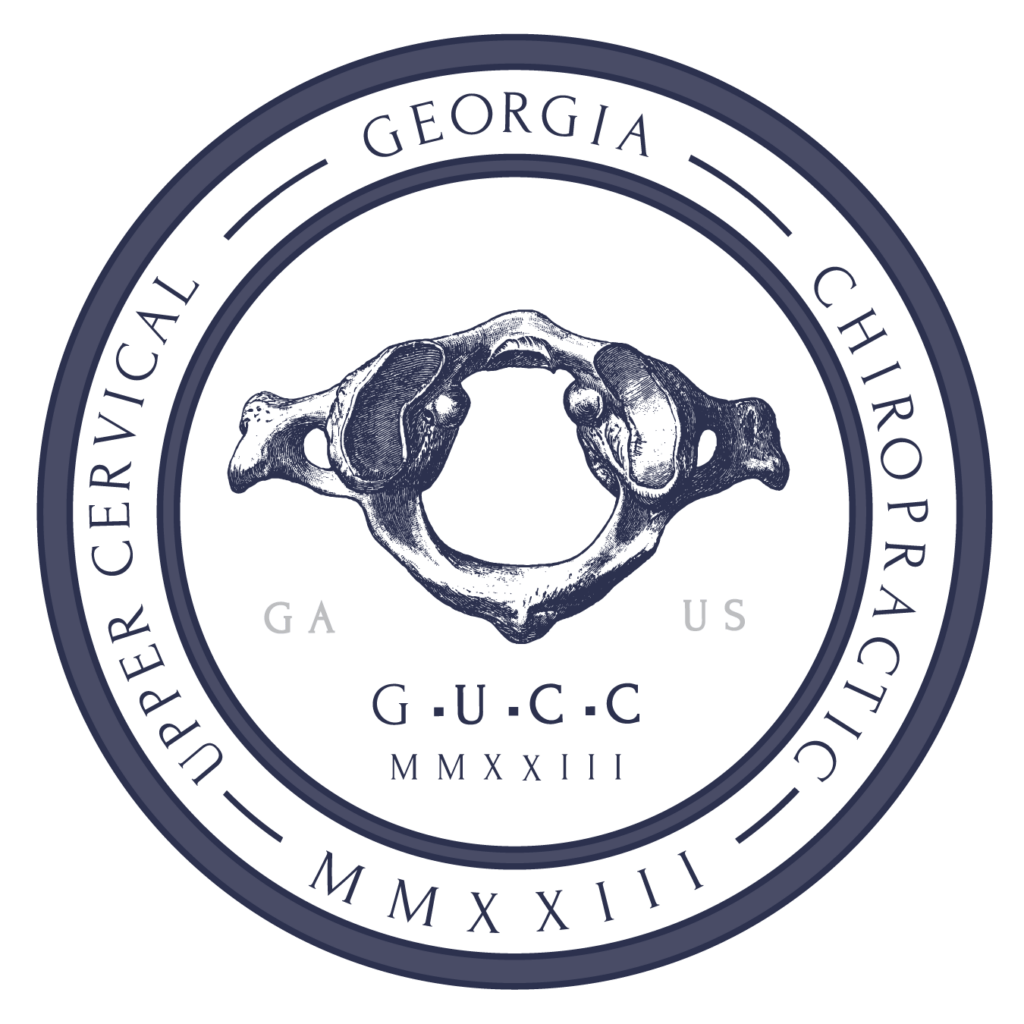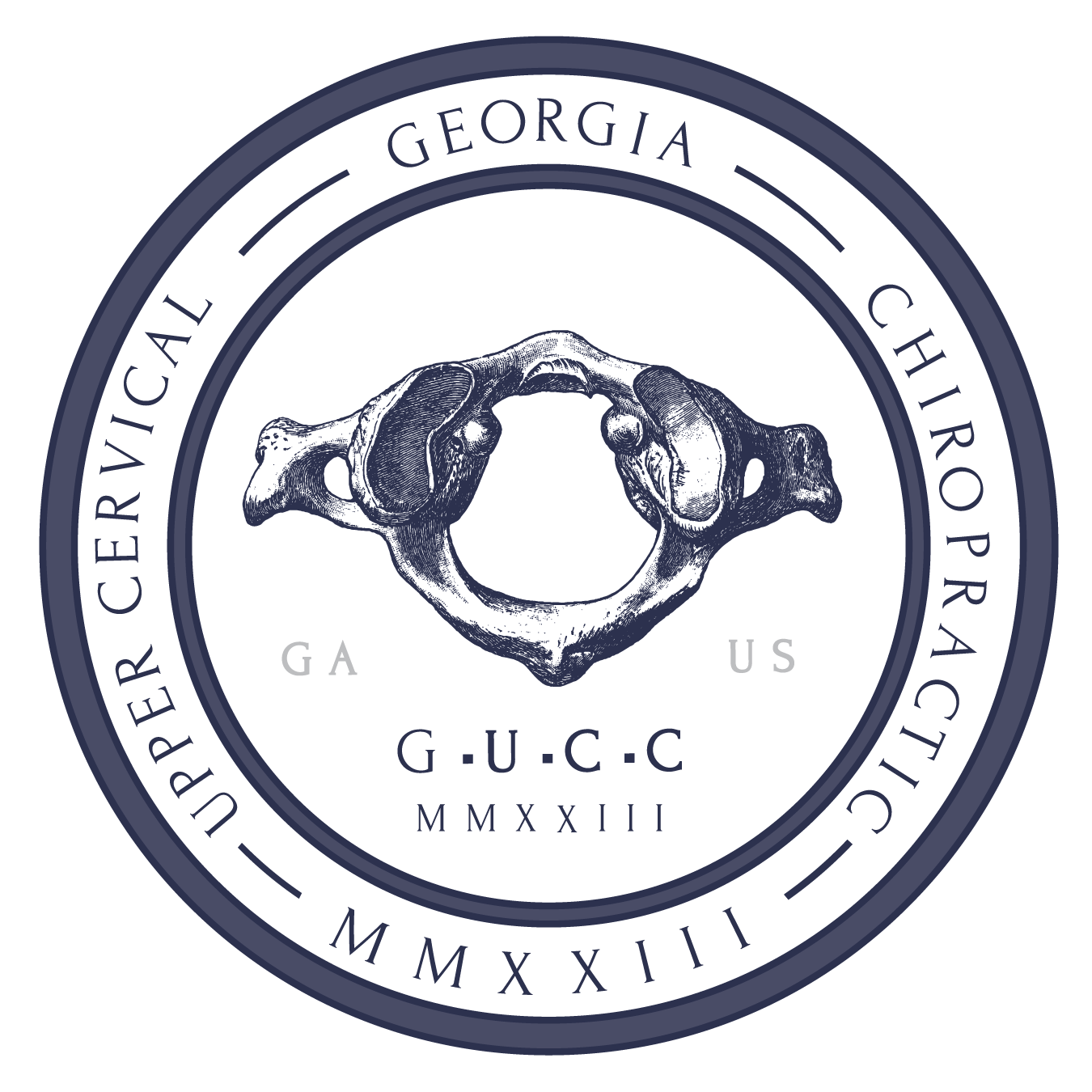Vertigo: Symptoms, Causes and Treatment
Vertigo is a very disorienting sensation. It’s more than dizziness or a feeling of lightheadedness; vertigo can make you feel like the room is spinning around you, or that you’re moving when you’re actually standing still.
Understanding the causes of vertigo are important to inform a successful treatment plan and prevent future vertigo attacks.
What is vertigo?
Vertigo is the sudden sensation of feeling off balance. It’s a symptom, not a condition, so treatments focus on finding the root cause of the problem.
Vertigo sufferers often compare the condition to motion sickness, and recurrent vertigo attacks can affect daily life.
Types of Vertigo
There are two types of vertigo: peripheral vertigo and central vertigo.
- Peripheral vertigo:Peripheral vertigo accounts for most cases of vertigo. An issue with the inner ear, or the vestibular nerve, causes this type of vertigo. Vestibular illnesses, genetics, misalignment of the spine, and environmental factors can all cause peripheral vertigo.
- Central vertigo:Central vertigo is caused by a problem with the brain (in the brainstem or cerebellum) or central nervous system. Tumors, stroke, infection, or a traumatic brain injury can all lead to symptoms associated with central vertigo.
Symptoms
Vertigo itself is a symptom, not a condition, but there are additional symptoms to look out for with vertigo.
What are the first signs of vertigo? The first sign of vertigo is a sensation of feeling off-balance. It’s more than a dizzy spell, but a sense that the room is spinning or tilting around you. That sensation, or motion intolerance, tends to worsen when you move your head.
Additional symptoms of vertigo include:
- Headache
- Nausea and vomiting
- Ringing in the ears
- Hearing loss
- Abnormal/involuntary eye movements and head movements (nystagmus)
- Excessive sweating
Those with migraine-associated vertigo may also experience sensitivity to light and sound (generally as a migraine symptom, rather than directly due to vertigo). Lying down in a dark room can help with those symptoms and improve dizziness.
What are the long-term effects of vertigo? The long-term effects of vertigo worsen with age if the root cause is not addressed. Severe disorientation and imbalances can cause injuries after a fall. Vertigo can also affect your quality of life and daily activities if you have frequent vertigo attacks.
This is why it’s crucial to understand the cause of your vertigo and treat the condition, rather than the symptoms.
What causes vertigo?
Identifying the causes of dizziness and vertigo is an essential step in your treatment plan. Your healthcare provider will work with you to determine what is causing your symptoms. This can involve a detailed medical history, physical examination, or additional testing, including balance testing.
Your vertigo may also be caused by several factors which require different specialists to treat. While vertigo is not considered serious on its own, it can be caused by other more serious conditions.
Patients with certain cancers and immune system diseases like multiple sclerosis can also present with dizziness and vertigo.
Common causes of vertigo include:
- Benign paroxysmal positional vertigo (BPPV): BPPV occurs when calcium crystals in the inner ear move to areas they shouldn’t be, like the semicircular canals. A sudden spinning sensation and intense dizziness are common with BPPV.
- Labyrinthitis: Viral infections or inflammation of the inner ear, including labyrinthitis, can cause vertigo. Hearing loss and vision problems are common symptoms alongside vertigo in these kinds of cases.
- Vestibular neuritis: Like labyrinthitis, vestibular neuritis (sometimes referred to as neuronitis) is a vestibular condition caused by inflammation of the inner ear. In this case, hearing is not affected, but vision and balance may be.
- Meniere’s disease: Meniere’s disease, or primary endolymphatic hydrops, is an inner ear condition that can cause vertigo, hearing loss, and tinnitus. While it typically only involves one ear, it can affect both if left untreated or in severe cases.
- Migraines: Vertigo is the main symptom for some who suffer from chronic migraine headaches. Migraine-associated vertigo can present as vestibular migraines, the most common cause of repeated episodes of vertigo.
- Autoimmune inner ear disease (AIED): AIED is an inflammatory condition that can target the inner ear, causing vertigo. This may be a primary or secondary diagnosis due to other conditions, like rheumatoid arthritis or lupus.
- Cervicogenic dizziness: Cervicogenic dizziness, also known as cervical vertigo, is often caused by a neck injury or other neck problems, such as cervical arthritis. Neck pain and a limited range of motion in the neck are also usually present.
- Cholesteatoma: A cholesteatoma is an abnormal skin growth or cyst that can form behind the eardrum. Left untreated, it can cause hearing damage, permanent vertigo, and infection in the surrounding area.
- Mal de debarquement syndrome (MdDS): Much like motion sickness, this balance disorder is triggered by motion on the water, land, or in the air. It can feel like bobbing or swaying after that motion has ended and is most common in middle-aged women.
- Otosclerosis: Otosclerosis is caused by abnormal bone growth inside the ear. It can prevent those inner and middle ear bones from vibrating freely, causing hearing damage and symptoms of vertigo.
- Ototoxicity: Ototoxicity is an extreme reaction to certain drugs or medications. High-dose drugs associated with cancer or severe infections can cause side effects like hearing problems or dizziness.
- Acoustic neuroma: An acoustic neuroma, or vestibular schwannoma, is a condition caused by a benign tumor growing on the vestibulocochlear nerve. This nerve connects the inner ear to the brain, and any pressure on that nerve can cause balance problems.
What triggers vertigo? Triggers or risk factors for vertigo include a head injury, inner ear damage, even changing positions too quickly. Getting up after being on your back for too long or moving your head quickly from one side to the other can both cause brief episodes of vertigo.
Stress and high blood pressure do not typically cause vertigo but can worsen your symptoms.
Treatment
The treatment for vertigo depends on the root cause of your symptoms.
How can you resolve vertigo? You can resolve vertigo by addressing the cause of your symptoms. As vertigo is a symptom, not a condition, any permanent solution will be connected to treating the underlying reason for your dizziness, loss of balance, and disorientation.
1. Chiropractic Care
Vertigo attacks are often caused by misalignment in the vertebra at the top of the neck, or the upper cervical spine. This misalignment can happen following neck injuries or head trauma, leading to pressure on the brainstem and vertigo symptoms as a result.
A chiropractor can correct the alignment of the upper neck, restoring the function of the nerves, joints, and blood vessels. This may serve as a potential long-term solution for managing vertigo, dizziness, and disequilibrium.
At Georgia Upper Cervical Chiropractic, we use gentle and precise repositioning maneuvers to readjust the C1 (atlas) and C2 (axis) vertebrae. Those are the areas typically most affected by trauma to the head and neck and conditions affecting the upper cervical spine.
2. Repositioning Maneuvers
Canalith repositioning techniques like the Epley maneuver are used to treat certain common causes of vertigo, like BPPV.
The Epley maneuver and popular at-home treatments like Brandit-Daroff exercises work by moving those displaced calcium crystals back to where they should be.
It’s important to understand the cause of your vertigo before attempting any maneuvers. Any maneuvers you try at home should be approved by your provider first. Your doctor or another healthcare provider will show you how to safely perform any at-home versions of repositioning maneuvers.
3. Vestibular Rehabilitation
Vestibular rehabilitation is a type of physical therapy that focuses on improving balance problems and coordination affected by vertigo and vestibular system disorders.
A physical therapist or other qualified practitioner will work with you on an individualized treatment plan and series of exercises to improve balance and stability. Exercises may target neck stability, posture improvements, and general fitness to improve your overall strength and flexibility.
Depending on your area, you may be able to visit a physical therapist and chiropractor at the same location to address vestibular system issues concurrently.
4. Home Remedies
Home remedies may focus more on preventing vertigo rather than treating the underlying causes of your symptoms.
How do you prevent vertigo? To prevent vertigo, be gentle with your daily movements, particularly those involving your head and neck. Avoid sudden movements, getting up from bed or seated positions too quickly, and bending down if you don’t have to.
Unfortunately, vertigo also can be triggered by unexpected causes, like head or neck trauma, that can’t be prevented. In those cases, your physician or specialist can work with you on long-lasting treatments to prevent recurrent vertigo attacks.
Your physician may also suggest additional ways to reduce your discomfort and prevent future vertigo attacks:
- Adjust your sleeping habits. Sleep with your head elevated and propped up with more than one pillow to give your head and neck more support. Some physicians may recommend sleeping on your back to reduce fluid buildup on one side.
- Reduce stress. Stress and anxiety won’t cause vertigo but can worsen your symptoms and underlying conditions. This is particularly true if your vertigo is caused by inflammation in the body. Stress increases inflammation.
- Improve your diet. Your doctor may recommend a low-sodium diet to regulate your body’s fluid retention. Treatments for Meniere’s disease also often include limiting alcohol and caffeine.
- Stretch with caution. Be careful with movements that may stretch your neck in uncomfortable ways. Use step stools instead of reaching for items in tall cabinets, for example, to avoid potential vertigo attacks caused by those movements.
Supplements and natural remedies that relieve stress or discomfort following a vertigo attack may also help you get back on your feet more quickly. This includes ginger for nausea, melatonin to improve sleep, and herbal teas to support stress relief.
These home remedies may improve your quality of life, but all solid treatment plans include working with a specialist to address the root cause of your problems.
5. Medications
Medications like meclizine, other antihistamines, and even migraine medications are frequently prescribed to treat vertigo and associated symptoms. Your doctor may also prescribe medications that treat the underlying conditions of your vertigo.
Your healthcare provider must identify the cause of your vertigo as part of any treatment plan that includes medications. Otherwise, you may relieve your symptoms without simply getting to the core issue. This sets you up for future vertigo attacks.
6. Surgery
If other therapies have failed or the vertigo is caused by conditions that are unresponsive to treatment, surgery may be required to fix the underlying cause of your vertigo.
Common surgical procedures include implanting a shunt to relieve pressure in the inner ear and vestibular nerve sections on the side affected by vertigo. Meniere’s disease, inner ear damage, and tumors in and around the ear are all vertigo causes where surgery may be an option.
How long does vertigo last?
Vertigo can last for as short as a few seconds or as long as several days. Most vertigo attacks last for several seconds to a few minutes. Vertigo induced by migraines may last for several hours.
When you feel a vertigo attack coming on, it’s essential to get yourself to a safe space to avoid further injury. If you are driving, pull over and wait until the dizziness passes. As soon as you can, lie still in a quiet, darkened room or at least get yourself seated to prevent a fall.
How do you get rid of vertigo fast? Fast vertigo relief is possible with vertigo exercises and maneuvers that rapidly redistribute fluid in the inner air.
It’s important to note that any at-home exercises be approved first by your primary care physician, as the cause of your vertigo will determine any therapy plans. A chiropractor can also teach you a series of maneuvers to safely, efficiently, and effectively address vertigo symptoms.
Pregnancy Vertigo
Nausea and lightheadedness are common symptoms throughout pregnancy. Hormonal changes, body weight changes, even changes to the shape of your cervical spine can all cause vertigo, particularly in the first trimester.
Women who have a history of migraine headaches may be more susceptible to vertigo in pregnancy. Bed rest in women with a high-risk pregnancy can also trigger vertigo attacks, particularly if caution isn’t applied around getting in and out of bed and changing positions.
In Summary
Vertigo is a feeling of spinning/dizziness that may be accompanied by nausea, headache, ringing in the ears, or temporary hearing loss.
There are 2 types of vertigo: peripheral (the most common) and central (which is more rare).
Vertigo is caused by a variety of conditions, from a brain tumor to common migraines.
Depending on the root cause of this condition, treatments for vertigo may include one or more of the following:
- Chiropractic care
- Repositioning maneuvers (such as the Epley maneuver)
- Vestibular rehabilitation
- Home remedies
- Medications
- Surgery
If you’re suffering from upper cervical spine pain or vertigo attacks resulting from pain or trauma to the head and neck, there is help out there.
Ready to get to the root of your problem with chiropractic care? We’re currently accepting new patients at our Ball Ground and Atlanta/Decatur offices.
Sources
- Thompson, T. L., & Amedee, R. (2009). Vertigo: a review of common peripheral and central vestibular disorders. The Ochsner journal, 9(1), 20-26. Full text: https://www.ncbi.nlm.nih.gov/pmc/articles/PMC3096243/
- Lampl, C., Rapoport, A., Levin, M., & Bräutigam, E. (2019). Migraine and episodic Vertigo: a cohort survey study of their relationship. The journal of headache and pain, 20(1), 1-5. Full text: https://www.ncbi.nlm.nih.gov/pmc/articles/PMC6734421/
- Smith T, Rider J, Cen S, et al. VestibularNeuronitis. [Updated 2021 Jul 10]. In: StatPearls [Internet]. Treasure Island (FL): StatPearls Publishing; 2021 Jan-. Full text: https://www.ncbi.nlm.nih.gov/books/NBK549866/
- Strupp, M., Versino, M., & Brandt, T. (2010). Vestibular migraine. Handbook of clinical neurology, 97, 755-771. Abstract: https://pubmed.ncbi.nlm.nih.gov/20816468/
- Saha, K., & Cha, Y. H. (2020). Mal de Debarquement Syndrome. Seminars in neurology, 40(1), 160-164. Abstract: https://pubmed.ncbi.nlm.nih.gov/31986543/
- Kundakci, B., Sultana, A., Taylor, A. J., & Alshehri, M. A. (2018). The effectiveness of exercise-based vestibular rehabilitation in adult patients with chronic dizziness: A systematic review. F1000Research, 7, 276. Abstract: https://pubmed.ncbi.nlm.nih.gov/29862019/
- Saman, Y., Arshad, Q., Dutia, M., & Rea, P. (2020). Stress and the vestibular system. International review of neurobiology, 152, 221-236. Abstract: https://pubmed.ncbi.nlm.nih.gov/32450997/
- De Luca, P., Cassandro, C., Ralli, M., Gioacchini, F. M., Turchetta, R., Orlando, M. P., Iaccarino, I., Cavaliere, M., Cassandro, E., & Scarpa, A. (2020). Dietary Restriction for The Treatment of Meniere’s Disease. Translational medicine @ UniSa, 22, 5-9. Full text: https://www.ncbi.nlm.nih.gov/pmc/articles/PMC7265917/
- Houston BT, Chowdhury YS. Meclizine. [Updated 2021 Jul 19]. In: StatPearls [Internet]. Treasure Island (FL): StatPearls Publishing; 2021 Jan-. Full text: https://www.ncbi.nlm.nih.gov/books/NBK560645/
- Silverstein H. (1981). Surgery for vertigo (you don’t have to live with it). The Journal of otolaryngology, 10(5), 343-358. Abstract: https://pubmed.ncbi.nlm.nih.gov/7328719/
- Schmidt, P. M., Flores, F., Rossi, A. G., & Silveira, A. F. (2010). Hearing and vestibular complaints during pregnancy. Brazilian journal of otorhinolaryngology, 76(1), 29-33. Abstract: https://pubmed.ncbi.nlm.nih.gov/20339686/


